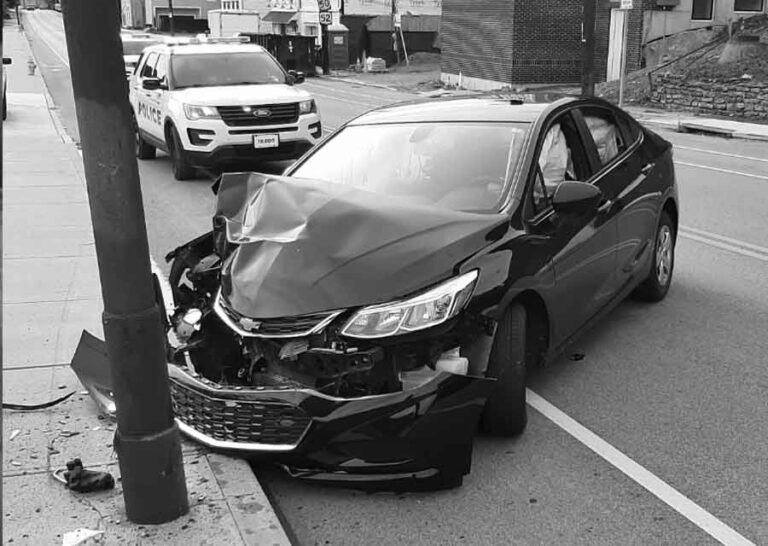Photography, as an art form that captures moments and feelings, demands both natural skill and systematic study. Structured learning typically takes the shape of photography workshops and instructional programs for many people. However, as with other professional courses and workshops, there are some contractual peculiarities that both organizers and attendees should be aware of in order to promote seamless learning and protect interests.
- Deliverables Clarity
What will be provided is the heart of each deal. It is critical to design the curriculum for photography workshops.
Contractual Provisions:
A detailed syllabus outlines what will be taught.
Provided equipment: Indicate if cameras, lighting equipment, or other tools will be given or whether guests must bring their own.
Consider tools like Photography Education Plans for in-depth curriculum development.
- Payment Policies and Terms
A transparent workshop contract is built on clear financial conditions.
Key Elements:
Payment Schedule: Specify whether payment is required in whole, in installments, or after the workshop.
Refund Policies: Clearly identify the situations under which refunds can be requested, as well as the method for doing so.
The Photography Financial Guide may help you comprehend conventional payment methods in photography school.
- Image and content rights
The issue of copyright and content exploitation is constantly at the forefront of photography.
Contractual Provisions:
utilize of Workshop photographs: If organizers want to utilize photographs taken during the workshop for promotional purposes, this should be explained and permission acquired.
Rights to Workshop Materials: Specify the distribution rights of any educational materials offered.
Photography Rights Explained provides a complete review of picture rights for specific insights.
- Liability Limitation
Workshop organizers should make sure they are covered in the event of an emergency.
Important Points:
Equipment Damage: If guests are loaned equipment, who is responsible for the expense of damage?
Personal Injuries: There may be dangers in practical sessions. Define who is responsible in the event of a disaster.
Investigate Workshop Safety Protocols to help you establish a safe learning environment.
- Non-compete and non-disclosure agreements
Some workshop organizers may incorporate non-compete or non-disclosure agreements to preserve the session’s unique material.
Important Inclusions:
Protecting Teaching Methods: To prevent workshop participants from reproducing the workshop.
Confidentiality: Make sure guests understand the confidentiality issue if proprietary techniques or technologies are provided.
Legal Photography Agreements may be a useful resource for creating strong non-disclosure agreements.



